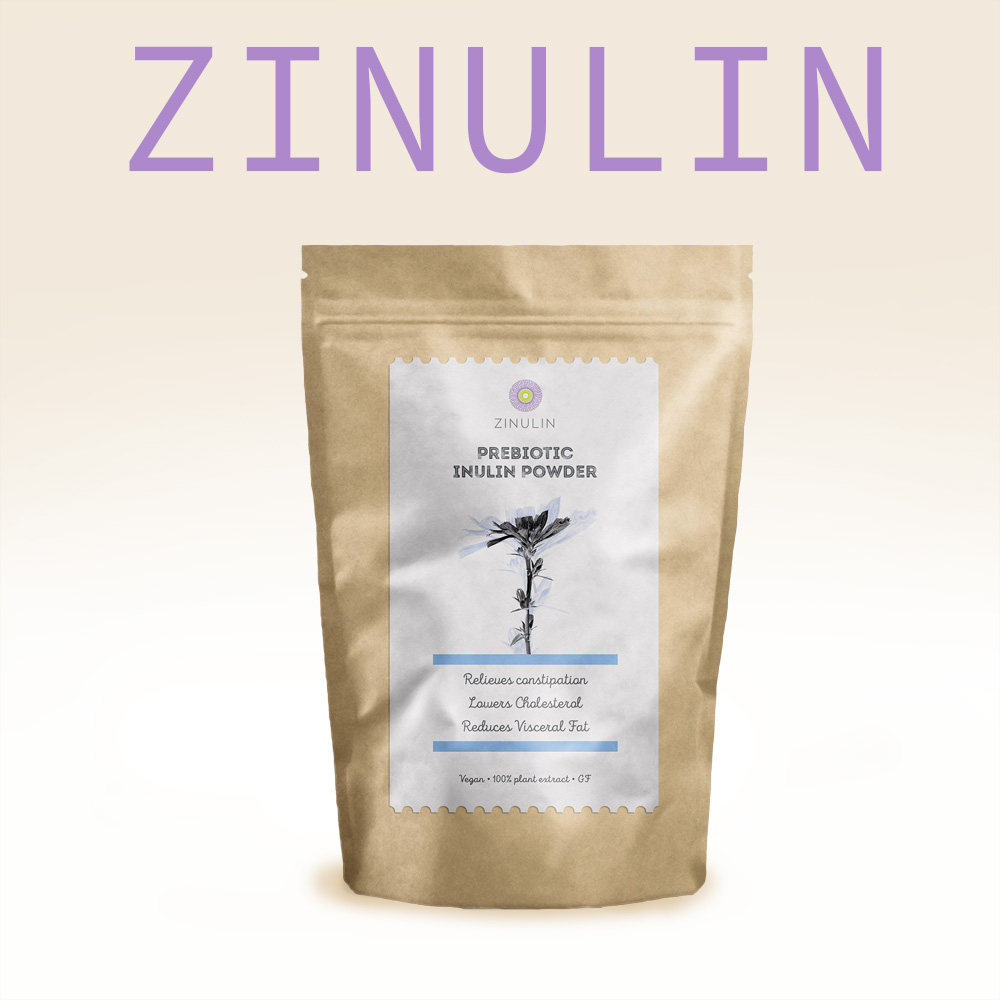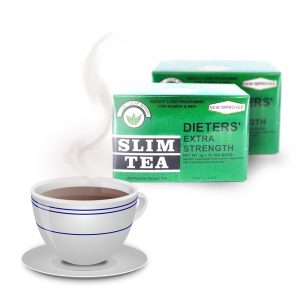ABOUT INULIN
As soluble dietary fibres, inulin is not digested in the stomach or small intestine, consequently it reaches the large intestine intact.
However, unlike most other dietary fibres, it is selectively fermented by the intestinal flora. This means that it not only promotes optimal intestinal function, but that it also acts as a prebiotic.
PREBIOTIC PROPERTIES
The large intestine contains up to 500 different types of bacteria, which contribute to important biological functions in the body. To maintain a well-balanced flora in the large intestine, there should be a large number of beneficial bacteria to keep out other harmful bacteria. Therefore, it is essential to promote the growth of ‘good’ bacteria.
A prebiotic is a non-digestible food ingredient that affects the gut beneficially by selectively stimulating the growth and/or activity of probiotic bacteria in the colon. Inulin is excellent for this purpose and acts as a selective growth media and energy substrate for Bifidus bacteria. These bacteria have been shown to inhibit the development of a number of harmful bacterial strains. These studies have been confirmed in numerous human clinical studies.
INULIN AND DIABETES
Because inulin is not digested in the stomach or small intestine it makes the perfect fibre for people with diabetes. It will not increase blood sugar levels unlike other fibres as it cannot turn into a carbohydrate or sugar in the body.
Recent scientific studies also show by consuming Inulin on a daily basis you will reduce the Visceral fat which surrounds major organs in the body. An excess of Visceral Fat exposes us to heart disease, diabetes, breast cancer, colorectal cancer and Alzheimer’s disease.







Reviews
There are no reviews yet.